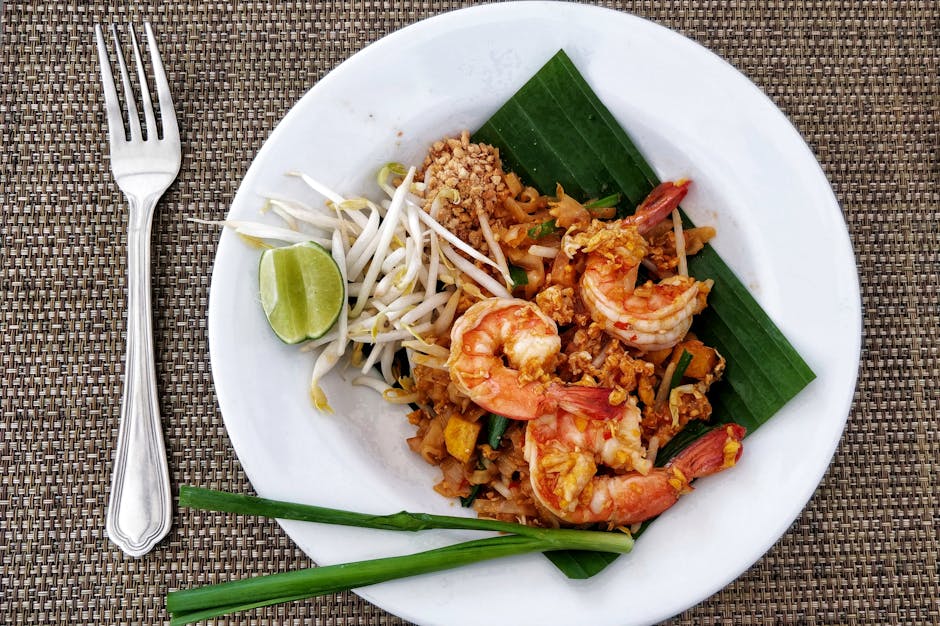 Tips for Coping with Food Allergies
Tips for Coping with Food Allergies
Many foods cause allergic reactions to people. The severity of an allergic reaction range from uncomfortable to potentially deadly. Being exposed to allergens sometimes results in sneezing or nasal congestion. Sometimes anaphylaxis, which is life-threatening results from exposure to a food allergen. Food allergies occur when the body triggers an abnormal reaction to certain food. The best way to avoid symptoms associated with food allergies is avoiding food altogether. There have been a lot of studies and research into an allergic reaction. One study shows a lot of potential in preventing food allergies. Prevention of food allergy, as the study reports, can be done by helping the body build acceptance to allergens. This involves exposing a child at an earlier age to potential food allergens. There is a healthy way you can introduce allergens into a child’s diet. It should be done early, carefully and often. Coping with food allergies can be somewhat a challenge. Below are a few essential tips you can manage food allergies.
If you have a food allergy, it is essential to read food labels. Reading the food label will ensure you know the food doesn’t contain the food allergen, even in trace amounts. Certain foods commonly cause allergic reactions. These include peanuts, milk, wheat, soybeans among others. Food manufacturing companies are required to specify the ingredients of the food. Other information such as whether the food was manufactured by a company that manufactures a food allergen is provided. Food labels also specify if the product may contain a food allergen. This information will help you find out if the product you were purchasing was exposed to a food allergen at any point. Avoiding foods exposed to food allergens will help avoid allergic reactions.
Care needs to be taken while cooking. You may be the only allergic to a certain food in your family. For this reason, other members of your family may still consume that food. It is essential to take measures to avoid cross-contamination of the foods of the allergy-free and allergic members of your family. Most of the time you will be preparing two different sets of meals for your family. One thing that you can do to ensure that there is no contamination is using different utensils. There should be utensils set aside for preparing food for allergic people. If the utensils are to be shared, they should be thoroughly washed in hot soapy water. You can also organize different areas for preparing different foods. When cooking, ensure that you cook allergy-safe foods first.
It is essential to formulate an emergency action plan in case of exposure to an allergen. Everyone you come into contact with should know what to do in case you have an allergic reaction. This is especially important for life-threatening allergic reactions like anaphylaxis. You should have a list of steps to be taken in case of an allergic reaction. You should carry a copy of this plan everywhere you go. These tips will help you cope with food allergies.